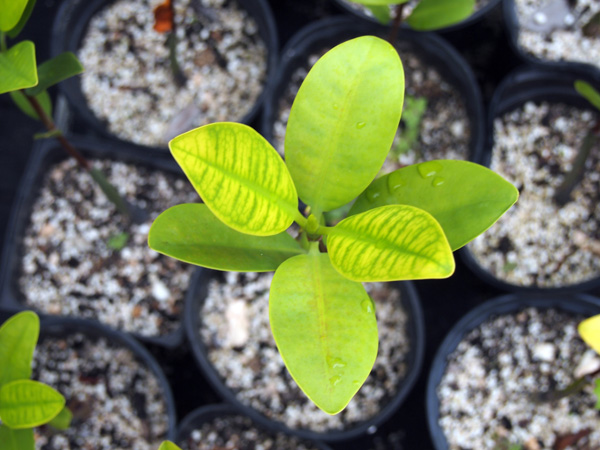“Never doubt that a small group of thoughtful, committed citizens can change the world. Indeed, it is the only thing that ever has.”
– Margaret Mead
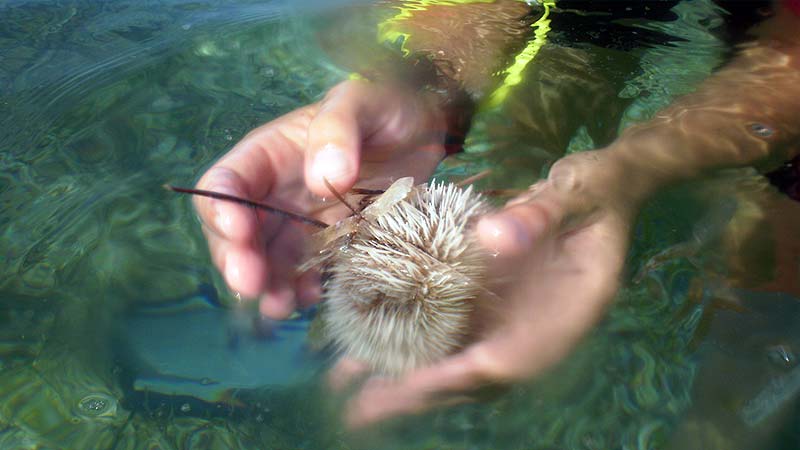
Share what you have learned. Help others understand why ocean conservation is so important. Helping to change policy and community-based efforts are key. Many conservation organizations offer email lists that you can subscribe to that will forward petitions for you to considering signing. Write your local and national legislators—let them know that you think ocean conservation should be a priority and that you support marine protected areas and clean-water legislation. Here is a link where you can find the Web sites for your representatives: https://www.usa.gov/elected-officials
Volunteering
For many people, volunteering is a tremendously rewarding experience. Find an organization you feel passionate about. It could be a marine-mammal rescue center, a park or marine sanctuary, or a group that cleans up streams, reservoirs, or beaches. Volunteering for even a few days a year can make a big difference.
Check out the video below—The Story of Change—for ideas about how individual and community-level actions can lead to significant change and how you can find your role in helping to make that change happen.
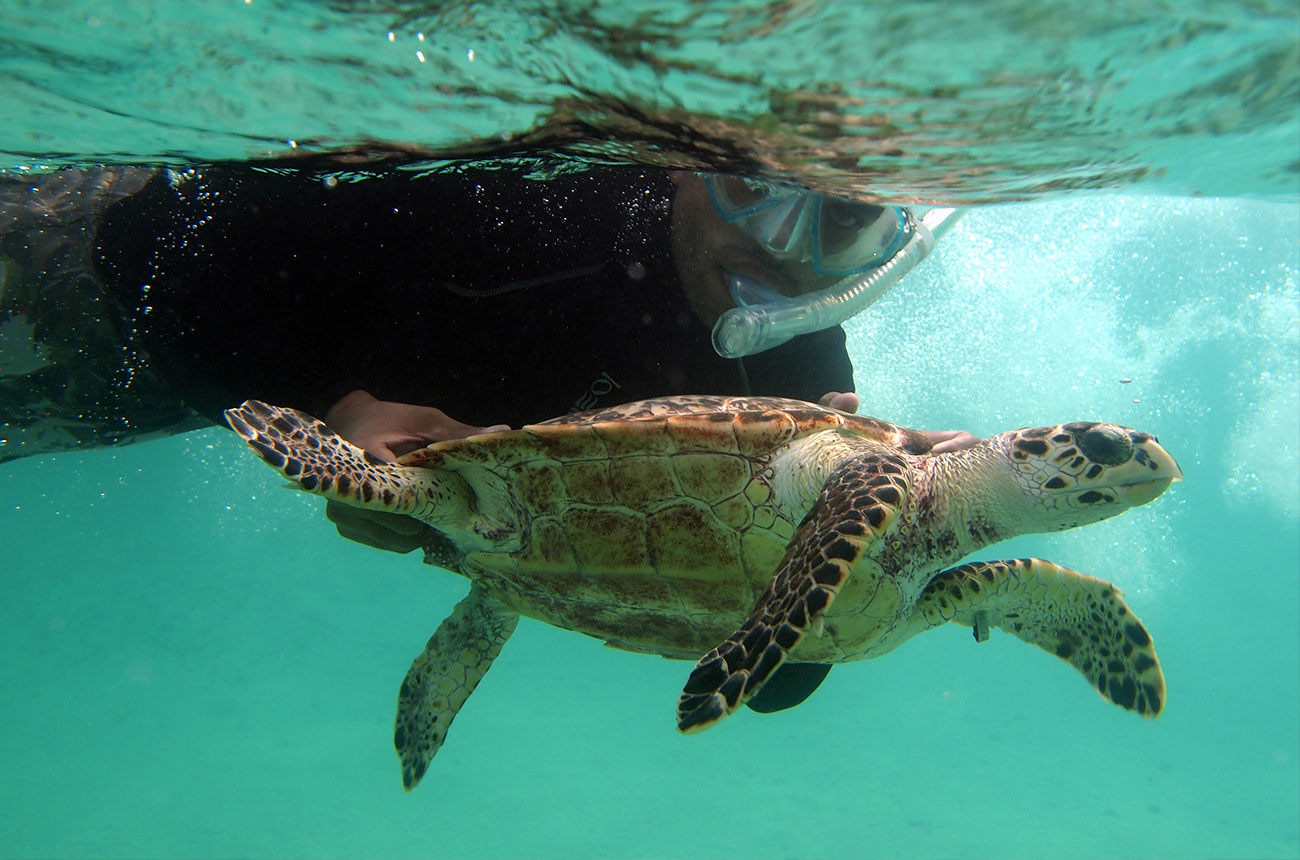
Support restaurants and retailers that sell sustainable seafood. Letting them know that you care about sustainable seafood encourages them to keep up the good work. There are a number of great organizations that post updated lists of which fish are the most sustainably harvested—the Safina Center’s Online Seafood Guide, the Monterey Bay Aquarium Sea Food Watch Program, Fish Choice, NOAA’s Fish Watch, Sea Choice, SeaWeb Europe, the Marine Stewardship Council. WWF’s Global Ocean Programme presents a concise summary of how crucial healthy seas are and what you can do to be a part of the effort to preserve them.
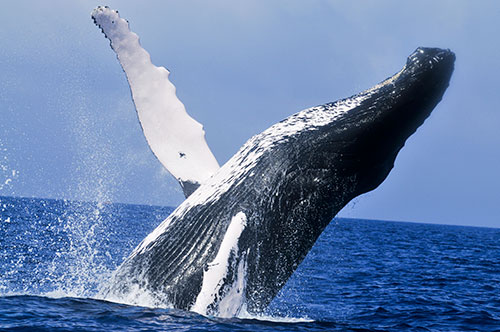
The Carbon Fund offers tips for reducing your carbon imprint, including simple things like carpooling, driving the speed limit, insulating your home, eating less meat, reducing food waste, and buying local. To get more active, check out 350.org, NextGen Climate and The Climate Reality Project. If you are interested in innovative approaches to climate change, Project Drawdown is developing a book, open-source database, and digital platform describing how one hundred solutions deployed at scale can alter the composition of our atmosphere and help forge a path toward temperature decline. Live Circular is a terrific resource for circular economy initiatives that lower carbon imprints.
Many people feel at a loss as to which organizations are best to support. A good start is to find resources focused on something you feel passionate about. If you want to “peek under the hood” of an organization you are considering giving money too, Charity Navigator and Guide Star score nonprofit organizations for their financial transparency and for how they spend the funds they raise—how much goes to actual services and how much to fundraising, marketing, salaries, and general overhead.
One thing that we can all do with minimal effort is save water. Check out this article – How to Conserve Water at Home – for simple steps like installing a low-flow shower head and only running your dishwasher when it’s completely full.
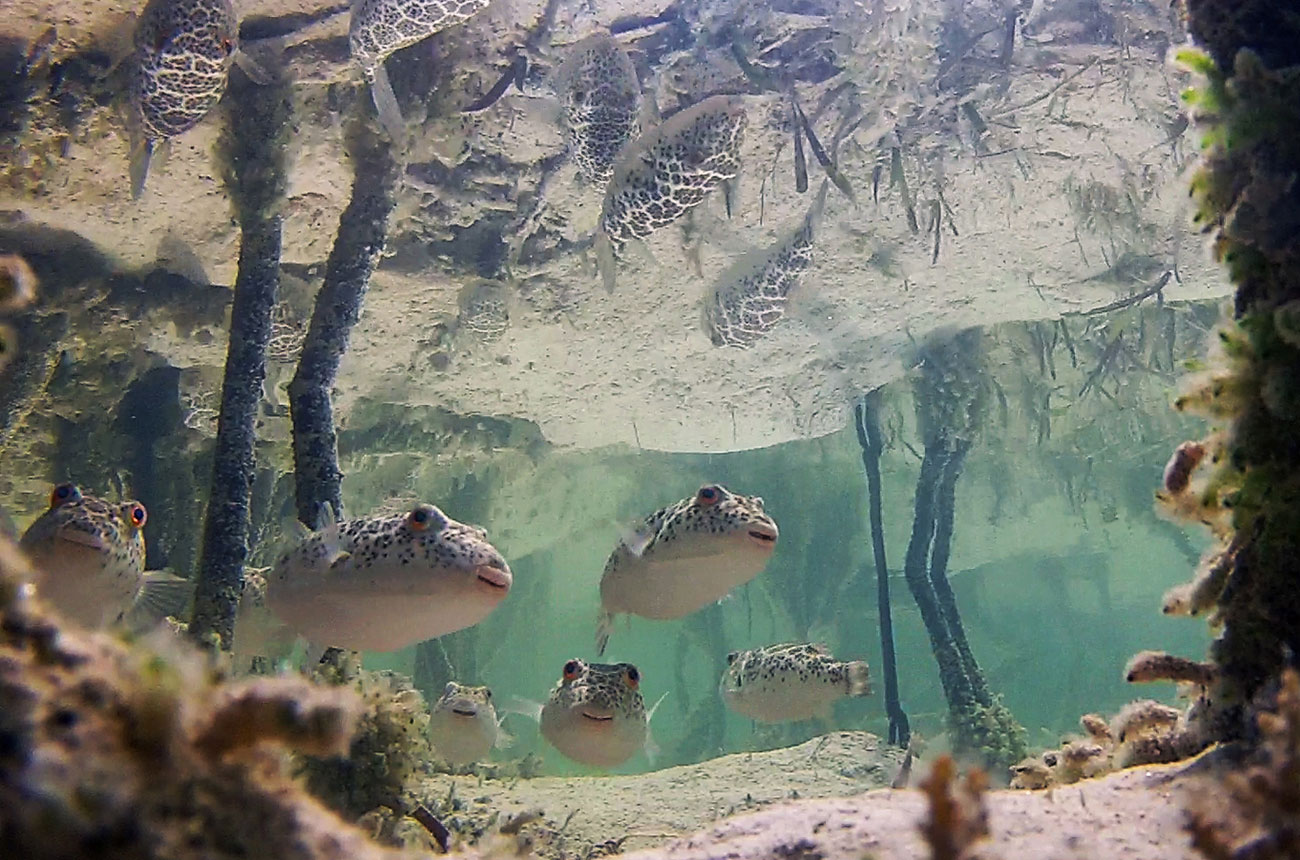
The Plastic Pollution Coalition has resources and a list of steps you can take to reduce plastic use. The 5 Gyres Institute also has a terrific page. A great start is carrying your own reusable containers—water bottles, shopping bags, and coffee mugs. Something as simple as using bar soap versus soap from a plastic container makes a difference. ReuseThisBag.com has a terrific summary of why we need to stop using disposable plastic bags. Litterati hosts a Digital Landfill – a photo gallery showcasing the different pieces of litter being picked up and the impact of the movement. With geo-tagging they are able to provide insight into problem areas and highlight active Litterati communities. Bottlestore.com has a page with ways to reduce, reuse and recycle your plastic containers.
